Search Results
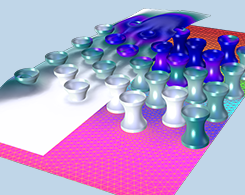
How to Compute Residence Time in Flow Models with COMSOL®
You can compute residence time in flow problems using the Particle Tracing Module. Get the details in this blog post.
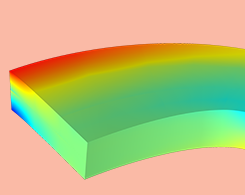
What Is the Difference Between Plane Stress and Plane Strain?
We go over the formulations and constitutive models that you can use to study plane stress, plane strain, and generalized plane strain in your solid mechanics problems.
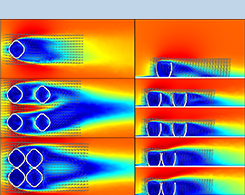
Studying a 500-Million-Year-Old Dinner Party with CFD Simulation
From zebras to elephants to lions, Namibia is home to a variety of wildlife. However, this research team was on the lookout for the fossils of a 500-million-year-old organism.
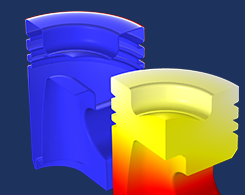
Efficient Meshing Strategies for 3D Inductive Heating Models
Interested in some efficient meshing strategies for 3D inductive heating models? In this blog post, we demonstrate how to partition a mesh based upon the element type.
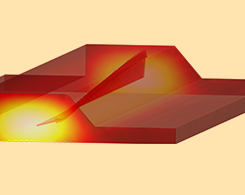
How to Model Polarization Rotation Along a Waveguide
Interested in modeling photonic waveguiding structures? Learn some efficient techniques for devices with multiple supported waveguide modes and identical waveguide cross sections.

Modeling a Rapid Detection Test in COMSOL Multiphysics®
Curious about how exactly the rapid detection tests for COVID-19 work? Get a comprehensive explanation here, as well as 3 example models in COMSOL Multiphysics®. (Part 2 of 2)
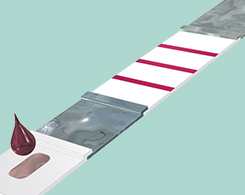
An Introduction to the Physics of Rapid Detection Tests
Rapid detection tests based on lateral flow assay (LFA), also called immunochromatographic tests, can be thought of as quite advanced, yet very robust, microlaboratories. (Part 1 of 2)

Why Do Pigeons Have Iridescent Feathers?
If you look at a pigeon a certain way, the feathers around their necks shine in bright hues of emerald and amethyst. As it turns out, a prehistoric animal exhibited a similar trait…
